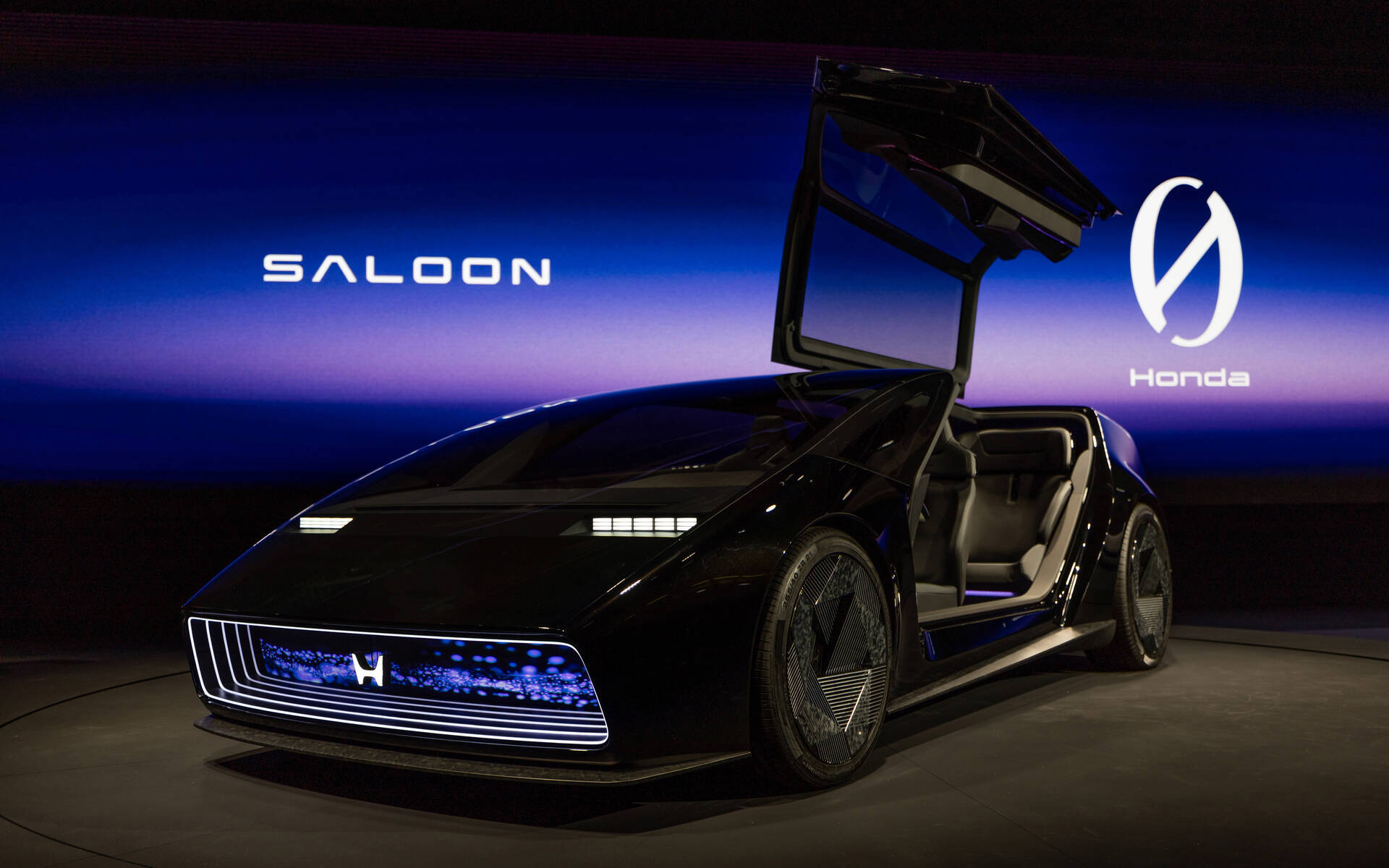Honda Doubling Investment in EVs to $88 Billion
Honda announced plans on Thursday to double investment in electric vehicles to 10 trillion yen (approx. $88 billion CAD) by 2030 as it seeks to go fully electric by 2040.
In April, the Japanese auto giant announced the largest auto investment in Canada's history with a new $15 billion EV and battery plant.
- Also: Honda Confirms Plans for $15B EV and Battery Plants in Ontario
- Also: Possible Honda-Nissan Alliance Could Produce Cheaper EVs

The company also has a partnership in EVs with Sony, and is exploring collaboration with rival Nissan as they face a "once-in-a-century" upheaval in the car industry.
Analysts have said the move is aimed at catching up with Chinese EV competitors as Beijing-backed automakers such as BYD speed ahead of global rivals.

Honda wants to "establish a competitive business structure with an aim to reduce overall production cost by approximately 35 percent," it said Thursday.
And "as of 2030, Honda will reduce the cost of the battery to be procured in North America by more than 20 percent compared to the cost of current batteries."
By 2030, the company is aiming for electric vehicles and fuel-cell EVs (such as the recently introduced CR-V e:FCEV) to account for 40 percent of global sales. A total of seven new models from the “Honda 0” series will be launched globally by the end of the decade.

The world's auto giants are increasingly prioritizing electric and hybrid vehicles, with demand growing for less polluting models as concern about climate change grows. At the same time, however, there has been a slowdown in the EV market on the back of consumer concern about high prices, reliability, range and a lack of charging points.
When Honda released its earnings last week, it said it expected overall vehicle sales in the U.S. and Japan to grow this financial year, but predicted sales in the rest of Asia would ease.
Honda plans to produce around two million EVs per year by 2030.













